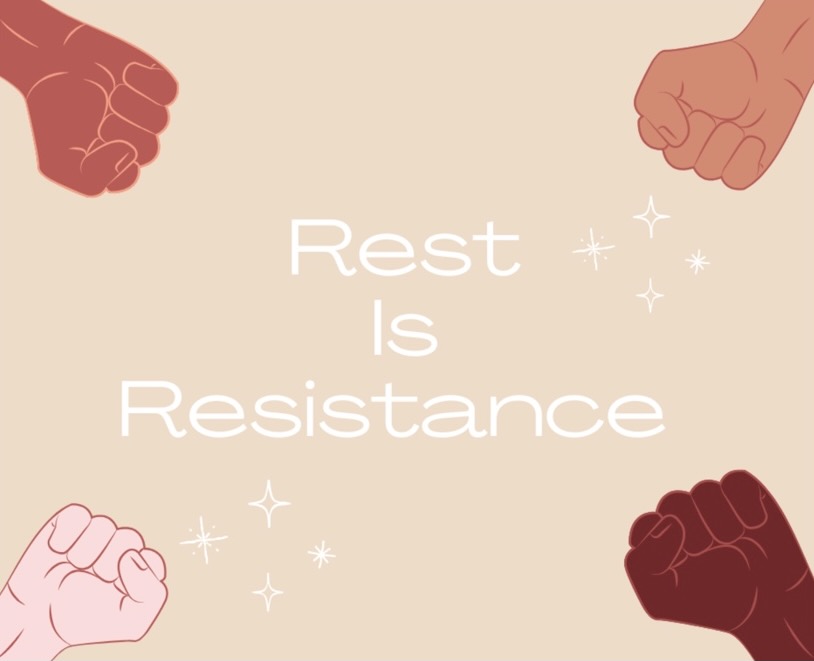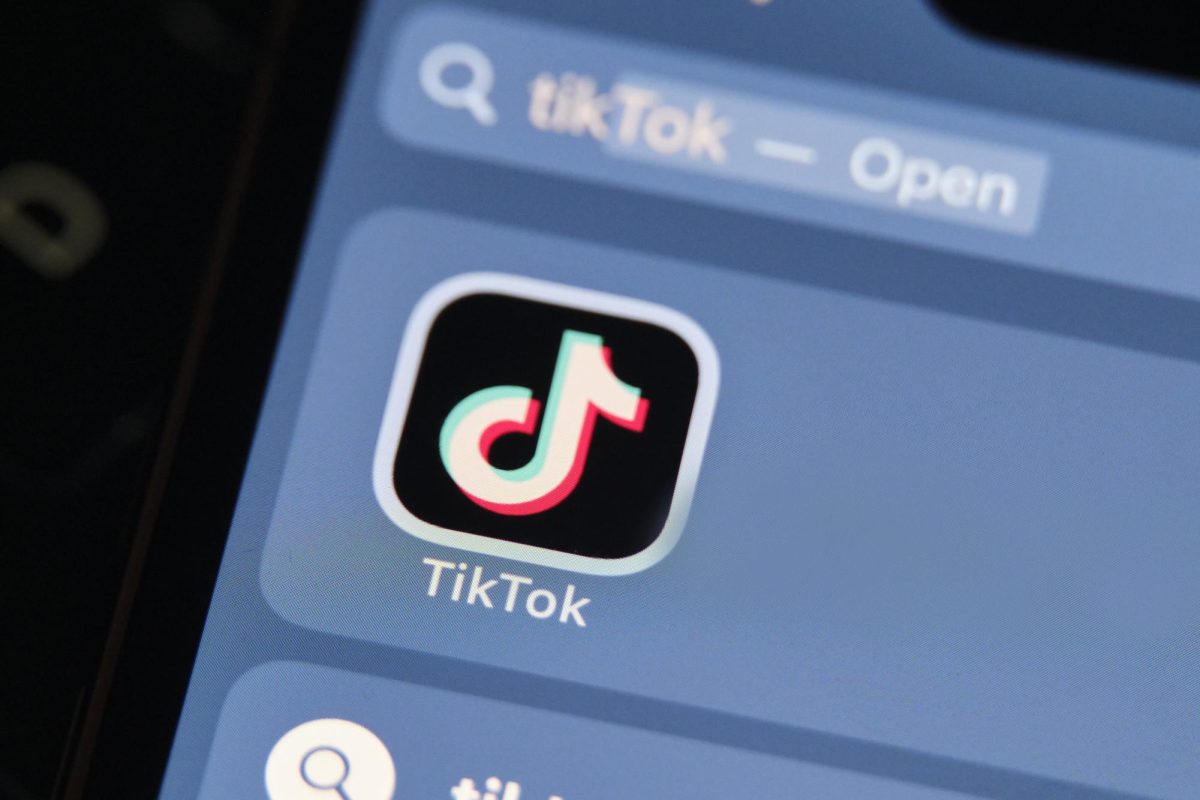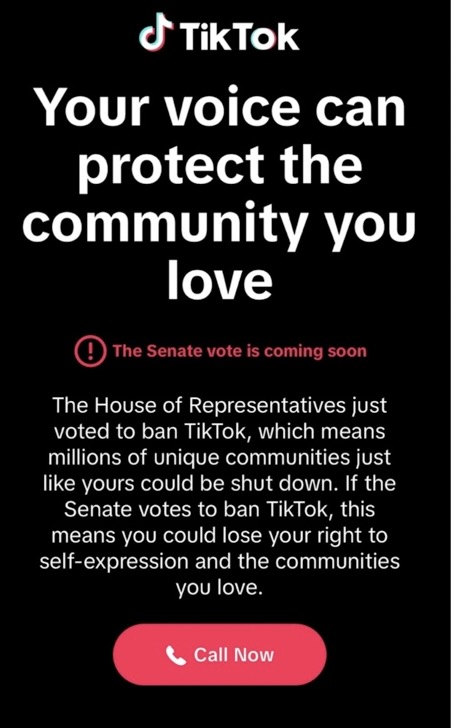On March 13, 2024, Congress announced a bill passed by the House of Representatives that prohibits applications controlled by ByteDance, Ltd, a China-based company that owns TikTok, or other foreign adversary-controlled social media companies determined as a threat to national security from use in the United States. The legislation was received by the Senate on March 14, where it is now waiting for deliberation. If the bill is passed by Congress, President Joe Biden will sign it, enacting it into law.
The legislation’s goal, as stated by Associate Professor of Political Science, Willie Gin, is not to ban TikTok but to force its China-based owners to sell their platform to an American company. This would prevent the Chinese government from having access to American data.
However, according to AP News, no evidence has been provided by the U.S. government to prove that TikTok shares personal information with the Chinese Communist Party, and TikTok continues to deny its involvement with Chinese authorities.
Many members of the SSU community question the grounds on which the measure was created, wondering whether or not American ownership of the platform will be effective in protecting our national security.
“It doesn’t really make sense for [America’s national security] to be an argument. I know Instagram and Facebook have gone through a couple of outings with the law and selling personal information… our country throws personal data around like it’s nothing,” Derek Sevilla, a second-year biology major, said. “I think Congress is doing a really bad job trying to disguise their motives… to delete this app.”
Professor Gin provided further insight into America’s battle with national security and social media. “Focusing on just TikTok ignores the larger discussion of how our data and information is being used by entities other than China,” Gin said. “American ownership of TikTok (or ownership of TikTok by a transnational elite of capitalist investors) by itself isn’t going to solve these larger problems of abuse of our data or abuse of the platform.”
Sevilla says that Congress’ priority is control of what information is accessible to Americans as opposed to national security. As TikTok gives its users in the United States a platform to vocalize their complaints about the country to a vast audience, it creates governmental concern that its citizens hold anti-American sentiment.
“Theoretically, if the United States gets control of TikTok, (videos sharing user’s complaints about the U.S.) might be shadowbanned and won’t pop up on so many feeds,” Sevilla said.
“It goes against our freedom of speech,” Kayla Horbam, a third year sociology major, said.
Others worry that the rhetoric the U.S. uses to address the growing tension between its government and the CCP will contribute to Sinophobic sentiment in America, as seen during the outbreak of Covid-19.
“Any time China is mentioned in U.S. political discourse, there is going to be potential spillover effects in perceptions of Asian Americans or Asian residents in the US who have nothing to do with the Chinese government,” Professor Gin said. “There is a long history of treating Asian Americans as not truly American and as foreigners, which can then lead to attacks on Asian Americans, as we saw during the pandemic. This effect may or may not be intentional, but it nevertheless is a predictable consequence.”
Students at SSU want the U.S. Congress to consider reassessing its priorities. “We have other issues domestically that we could be worrying about more than an app,” Sasha Zyrianov, a third year political science and philosophy major, said.
Fourth year Kinesiology major Chris Daniels stands against the TikTok ban. “We should be focusing on more pressing matters like our housing crisis in California or women’s reproductive rights or LGBTQ+ justice,” he said.




































